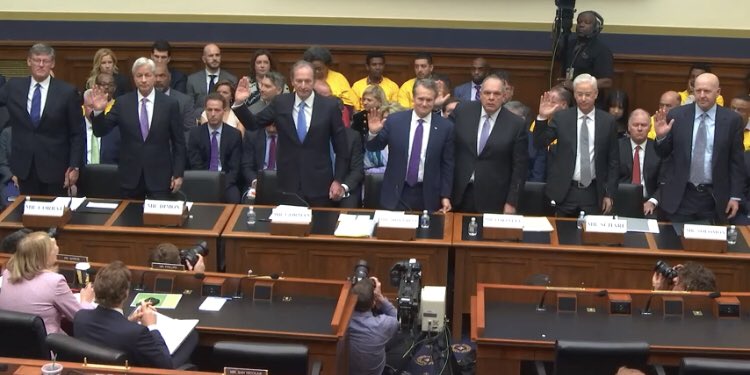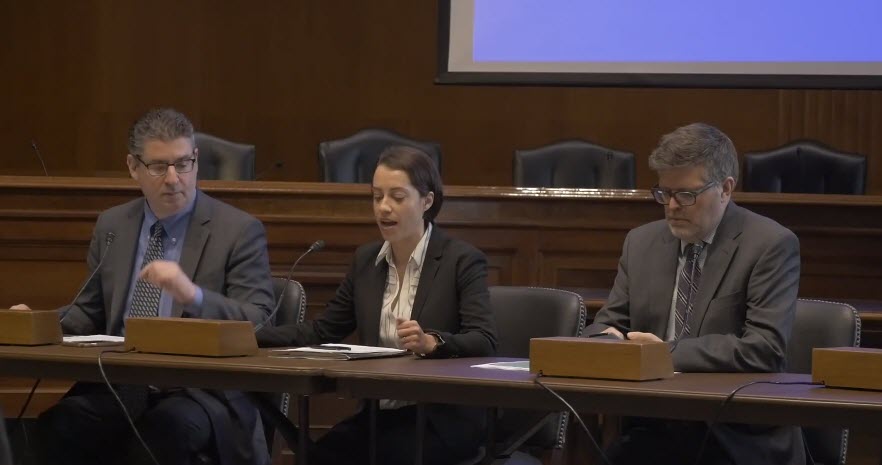Letter To Regulators: SEC Package on Investor Protection Does Not Live Up to Name
Unfortunately, while we believe it would be possible to adopt standards that meet investors’ reasonable expectations under the Commission’s chosen regulatory approach, the regulatory package as currently drafted does not achieve that goal.






